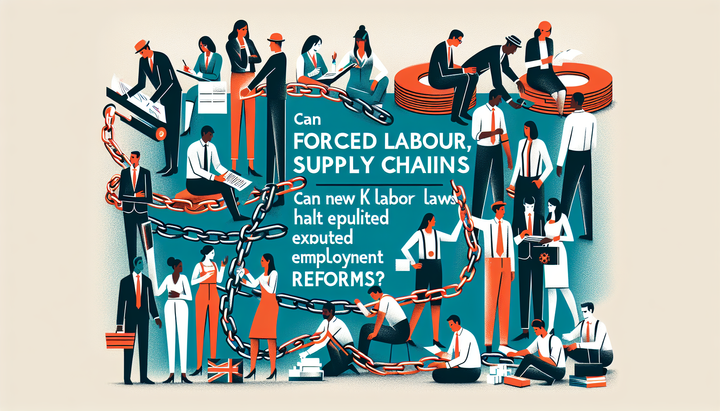Wellcome Trust Faces Criticism Over £11m Payouts to Investment Team

Introduction to Wellcome Trust's Investment Team Payouts
The Wellcome Trust, renowned as one of the UK's leading health research charities, has recently come under scrutiny due to its significant payout of over £11 million to its investment executives in the last fiscal year. Notably, this remuneration is more than tenfold compared to the salaries of the charity's governors, drawing widespread criticism from various sectors.
This payout included a staggering £5 million to the chief investment officer, Nick Moakes, who is among the highest paid in the charity sector within the UK. This decision was influenced by the reported rise in the value of Wellcome’s investment portfolio, which increased to £37.6 billion from the previous £36.8 billion, marking a return of 5.2% for the year ending September 30.
Components of Executive Pay at Wellcome Trust
The impressive remuneration primarily consists of long-term bonuses, which are contingent upon the performance of the portfolio in the future. This payment strategy underscores the charity's reliance on its internal investment team rather than outsourcing, which Wellcome claims saves substantial funds annually.
The overall compensation for the senior investment team reached £11.1 million, distributed among 44 staff members, in stark contrast to the governors' remuneration of £803,665, which featured £142,108 for Julia Gillard, the former Prime Minister of Australia and current chair of the board of governors.
Ethical Concerns Surrounding Pay Disparities
Despite the financial justifications provided by Wellcome, the pay disparity has been flagged by many as ethically contentious. Andrew Speke of the High Pay Centre highlighted the "huge gap" in remuneration, advocating for a more balanced pay structure that fairly recognizes the roles and responsibilities of all employees within such nonprofit organizations.
Critics argue that a £5 million salary for an executive in a charity setting could equate to over 200 times that of the lowest-paid workers within Wellcome. Such disparities raise questions about the moral justification and necessity of these amounts to secure competent leaders.
Rationale and Future Implications
Responding to these criticisms, Wellcome emphasizes the deferred nature of considerable portions of the payouts, which are tied to the anticipated performance of its investments. This strategy, according to Wellcome, aligns well with their objective of solving urgent health challenges via enhanced fund allocation towards science.
Nick Moakes, who is set to step down in March, expressed confidence in Wellcome's financial standing, citing the effectiveness and financial prudence of maintaining an in-house investment team as opposed to pursuing external managers. This, Moakes asserts, has been instrumental in bolstering funds dedicated to addressing key health issues.
Conclusion
The debate over executive compensation within Wellcome Trust illustrates a broader discourse on wage disparities in the nonprofit sector, prompting calls for transparent and equitable pay practices. As the Wellcome Trust navigates these concerns, the focus remains on balancing financial success and ethical remuneration practices, ensuring that resources are efficiently channeled towards their core mission of tackling global health inequities.



Comments ()